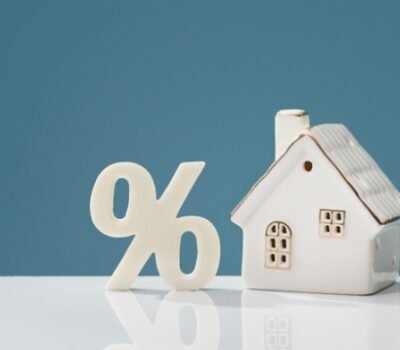Barclays has increased rates by 0.1 percentage points, while NatWest has put up the rates on a select number of two and five-year “switcher” deals for existing customers by 0.1 percentage points
Some UK banks are raising mortgage rates as fears grow that the Bank of England may not cut interest rates as soon as previously thought.
Barclays has increased rates by 0.1 percentage points across some of its mortgage products, while NatWest has put up the rates on a select number of two and five-year “switcher” deals for existing customers by 0.1 percentage points. HSBC is also increasing rates today.
Leeds Building Society is increasing some fixed rate mortgages, including interest-only mortgage deals, by up to 0.2 percentage points, while Accord has raised the rates of some mortgages by 0.4 percentage points. According to Moneyfacts, the average two-year fixed residential mortgage rate now sits at 5.83%, while a five-year fix is 5.40%.
It comes as analysts change their predictions on when they believe the Bank of England could cut interest rates. It was expected that the Bank could start cutting the base rate, which is currently at 5.25%, from this June, thanks to falling inflation. However, more recent figures show inflation is falling slower than previously anticipated.
Pete Mugleston, managing director at OnlineMortgageAdvisor.co.uk said: “This is a concerning move whilst the economy is in such a fragile state. What the housing market really needs is a show of faith by lenders especially to try and support the Bank of England.
“Keeping mortgage rates at a lower level could have really kickstarted the first-time buying market which, as we know, then has a greater positive impact further up the chain. The uncertainty that we’re experiencing highlights the significance of consumers needing to secure a rate as soon as possible, as this could potentially save them a large amount of money in their mortgage journey.”
Up until recently, the Bank of England had been trying to lower inflation by increasing its base rate to try and lower inflation. The base rate influences the interest rate you’re offered by banks and lenders – so when it is higher, borrowing becomes more expensive and this means people have less money to spend elsewhere.
When people spend less money, this brings down demand and lower prices, which should then lower inflation. The base rate has been held at 5.25% for the last five Bank of England meetings.





